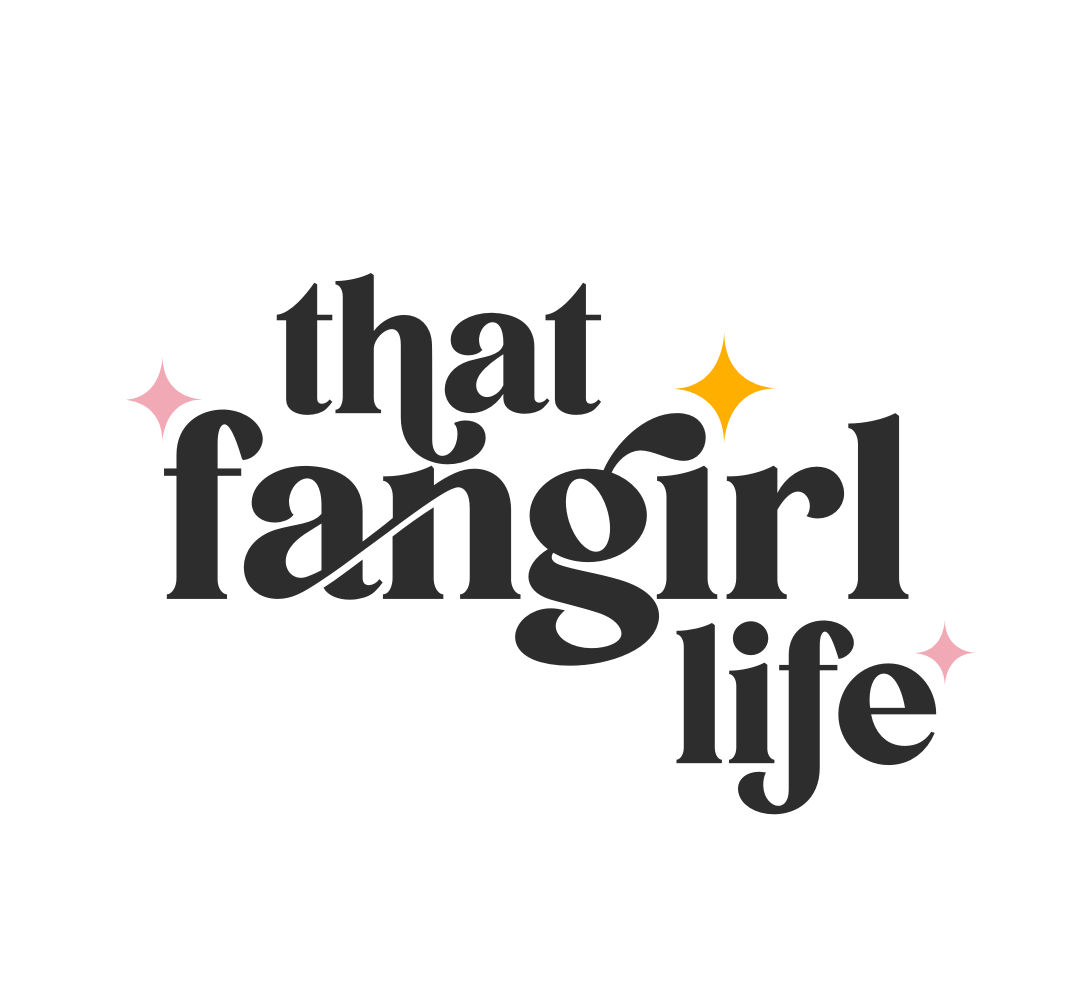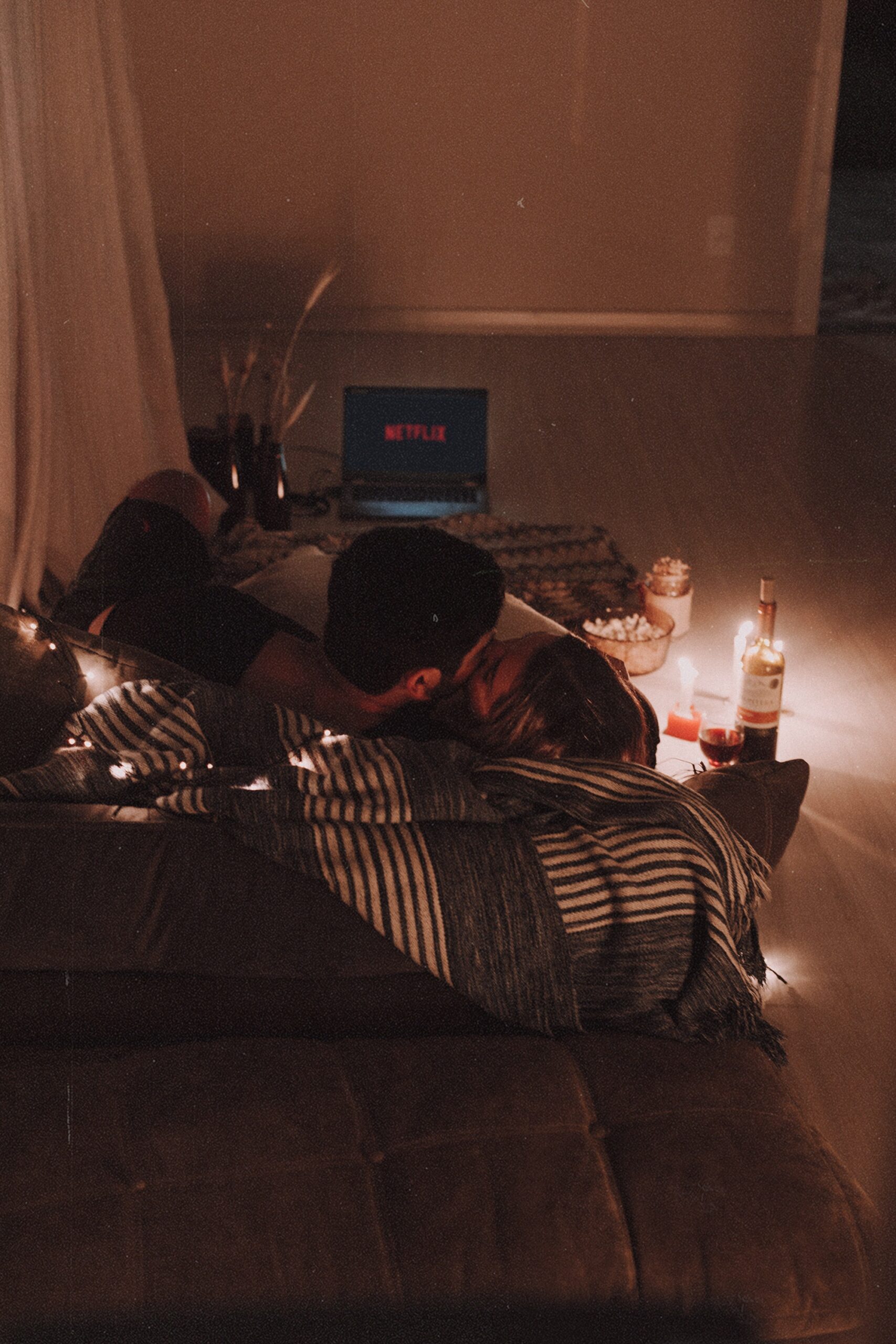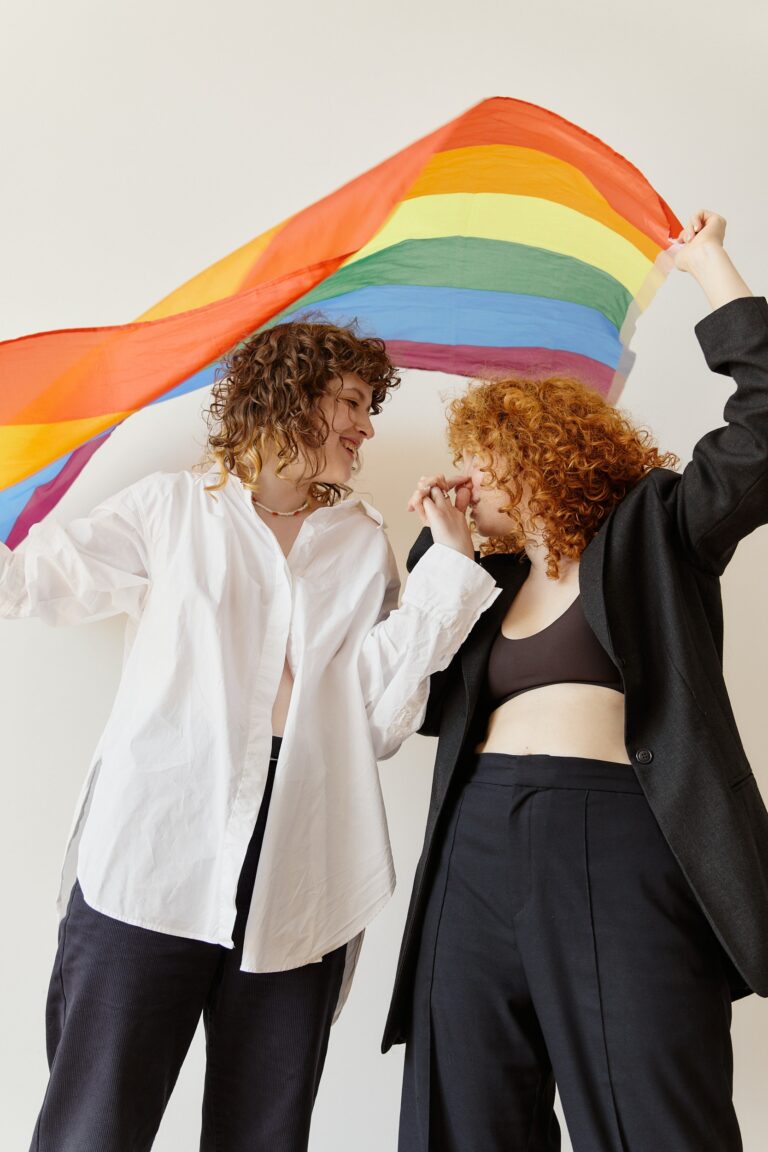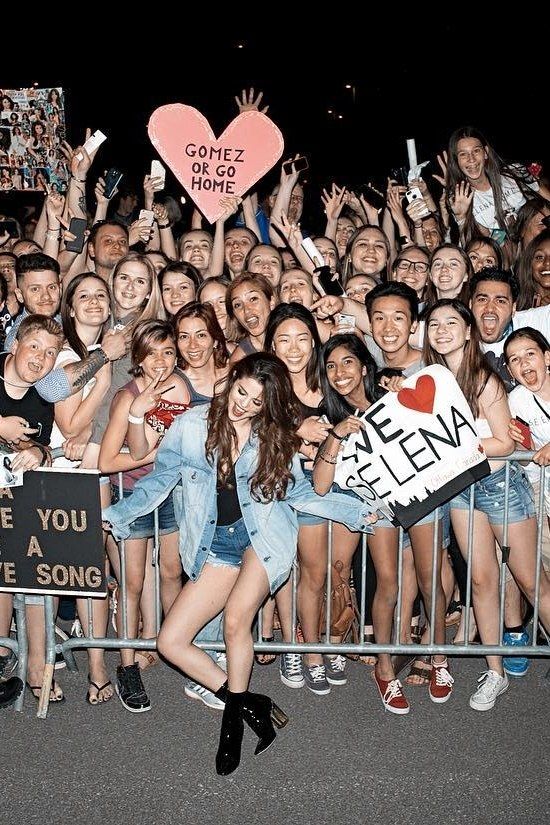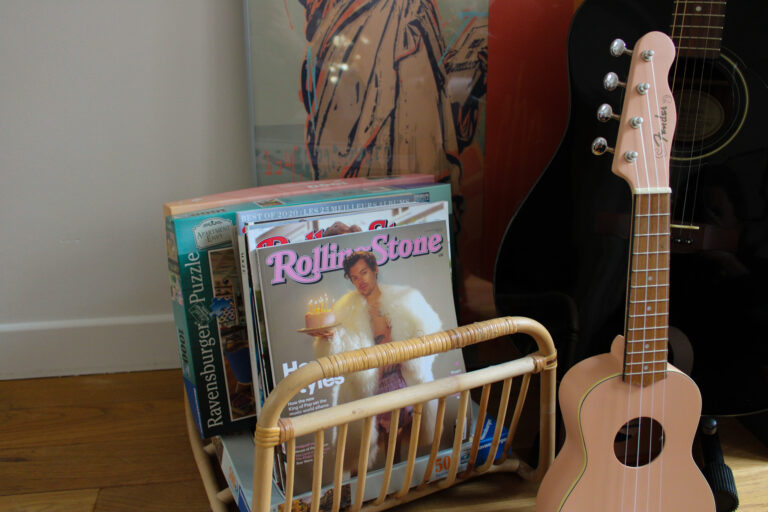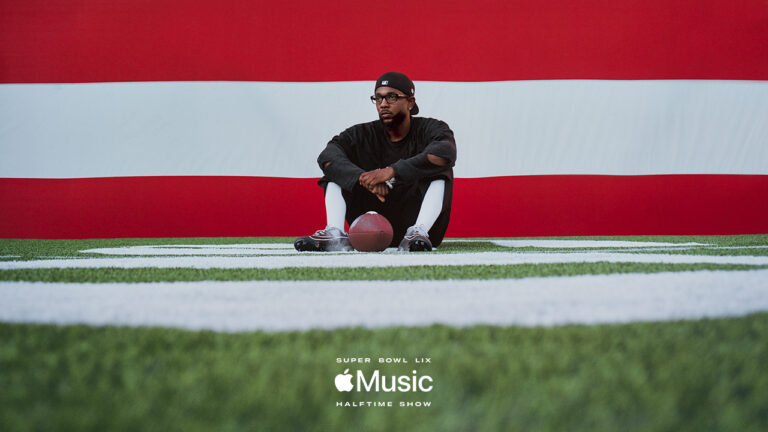Let’s Stop Ridiculing Romance
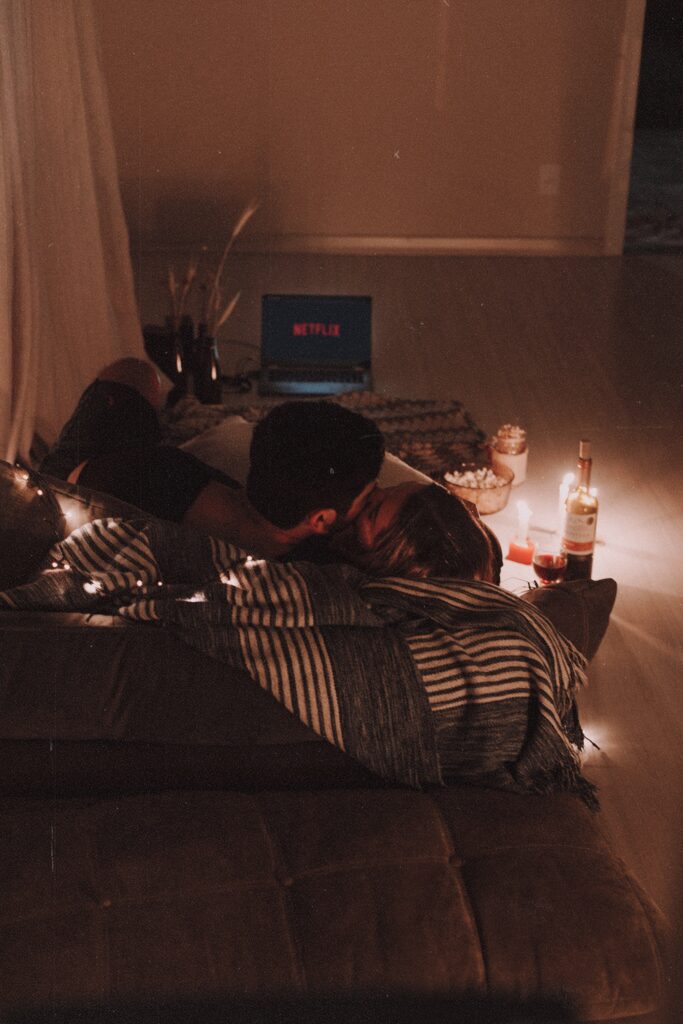
I’ve said it before, and I’ll say it again: I’m a sucker for romance. In school, I loved Twilight to the point where I could essentially recite the words along with the film, and the likes of 27 Dresses and How To Lose a Guy in 10 Days will always be the foundation for my perfect evening in. I’ll probably always love a heartbreak anthem and, more recently, Bridgerton ship edits became a staple in my TikTok FYP. Books, TV, films, music – anything with a juicy romantic hook will probably grab my attention. Love at first sight, slow burns, and heartbreak followed by dramatic reconciliation are pillars of my pop culture consumption.
Turning to my Instagram followers to find out if it’s just me who loves romance (spoiler: it isn’t), I asked them how they feel about romance. Many reached out to say that they love the relatability of a romantic dilemma playing out onscreen, that a sweet romantic book can be comforting and easy to relax into, or that there’s something inspiring, aspirational, and touching about seeing a happy ending to a love story.
And it seems that myself and my Instagram community aren’t the only ones who love love. Romance boasts huge viewing, listening, and reading figures. As I write this, top UK book charts repeatedly feature novels from the likes of Colleen Hoover, an author whose romantic tales have proven to be incredibly popular this year. Moving to TV, romance is no less popular, with Netflix’s 2018 study into its viewing figures revealing that its rom coms were watched by more than 80 million users.
I’m fascinated, though, by the fact that romance is still seen as something of a guilty pleasure.
Romance: The Ultimate Guilty Pleasure
Picture yourself on your lunch break at a fancy corporate office, with the CEO sat on the table opposite you. You’ve packed Breaking Dawn to read whilst you eat, but something about being seen lapping up the final instalment of Bella and Edward’s journey by the big boss is a little intimidating. Reading romance feels silly, frivolous, maybe even something that will make you seem less intelligent. Sound familiar? You wouldn’t be alone, if so.
Even those who write romance have been known to reject the label. Nicholas Sparks, author of a range of iconic romantic stories, argues that “I haven’t written a single book that could even be accepted as a romance novel…there’s a completely different voice. They’ve got very specific structures; they’ve got very specific character dilemmas; they end completely differently; and they’ve got certain character arcs that are required in their characters — I do none of those things”. Why would Sparks, someone whom his readers would more than likely perceive as a writer of romance, be so adamant not to be tied to that label? And what does this say about the way we talk about and view romance?
Interestingly, Lauren Cameron’s (2020) research into “The Romance Publishing Industry and Its Reputation” found that her participants, regular romance readers, were all “aware of a stigma and negativity or judgement surrounding the romance genre”. Of Cameron’s participants, 48% recounted “overtly negative reactions” when they revealed that they read romance, with 29% even going as far as to keep their reading “secret” from those in their “real life”. Cameron adds that several female participants described how “men were the ones to comment negatively on their reading choices; one woman stated that her uncle routinely makes her uncomfortable about reading romance, sexualizing the books.”
So why is romance ridiculed?
And so we come to a difficult question: why do we ridicule romance? In many ways, this is arguably a question of gender. Is it a coincidence that this heavily ridiculed genre is one primarily produced by women, and read by women? Whilst plenty of men do enjoy romance, it’s still worth considering the demographics of those who consume the genre, and the role this might play in its reputation.
Romance as a genre is primarily consumed by women – global marketing research firm Nielsen’s 2016 study into romance readers found that the audience was 84% female, and largely between the ages of 18 and 44 – and as such the genre is seen as a “feminine” pursuit. Perhaps, then, romance’s perceived femininity is the source of the stigma around it. As a society, we typically aren’t afraid of dismissing the things that women, especially young women, enjoy – something which has been extensively discussed in explorations of how we speak about fangirl culture and the “hysteria” of female fans.
Not only has romance’s primarily female audience helped to characterise it as feminine, but romantic media’s typical subject matter can also help us posit a gendered dismissal even further. We see themes of love, heartbreak, and sensitivity repeatedly cropping up in romantic books, films, and music– traits and experiences that have come to be viewed as undesirable in the male imaginary, which idealises emotional ‘strength’ and repression of feeling. Stories which platform the opposite become worthy of ridicule because the behaviours they spotlight are framed as undesirable.
And indeed, those in the industry have been quick to criticise what they perceive as a kind of sexist double standard when it comes to writing about romance. New York Times bestselling author Jennifer Weiner argues that popular fiction written by women is overlooked because of an “old and deep-seated double standard that holds that when a man writes about family and feelings, it’s literature with a capital L, but when a woman considers the same topics, it’s romance, or a beach book – in short, it’s something unworthy of a serious critic’s attention.” Romance becomes seen as something silly and frivolous when it comes from the female perspective.
It’s also fascinating to consider how romance doesn’t only face critique rooted in misogyny, but in feminism, too. Figures like Germaine Greer have argued that “romance nourishes disappointed women, creates unattainable fantasy, and is cause and effect of women’s oppression”. Some feminists tell us that we should want more for ourselves than cliched romance – we should be independent, single, and working on our careers rather than being concerned with romance. Others levy a different kind of critique: that the genre of romance that has been popularised is an especially white, heteronormative space, and hence one that should be problematised rather than lauded. We might be more sympathetic to these critiques than to the former.
It seems then that romance faces a barrage of criticism from all angles, and yet its popularity prevails in viewing, streaming, and reading figures. Romance is a lucrative industry with adoring fans, yet one which continues to be seen as inferior. Book, film, and music tastes are in many ways very personal. However, when the articulation of these tastes aligns with dominant cultural narratives regarding whose words and behaviours are more valid than others, we should also critique these so-called subjective tastes themselves. Let’s think twice about why so many have knee-jerk critical reactions to seeing somebody reading the latest Paige Toon novel, or binging the latest original Netflix rom-com. Let’s question the norms (misogynistic or otherwise) that might underpin these reactions. And most importantly, let’s stop ridiculing romance.
